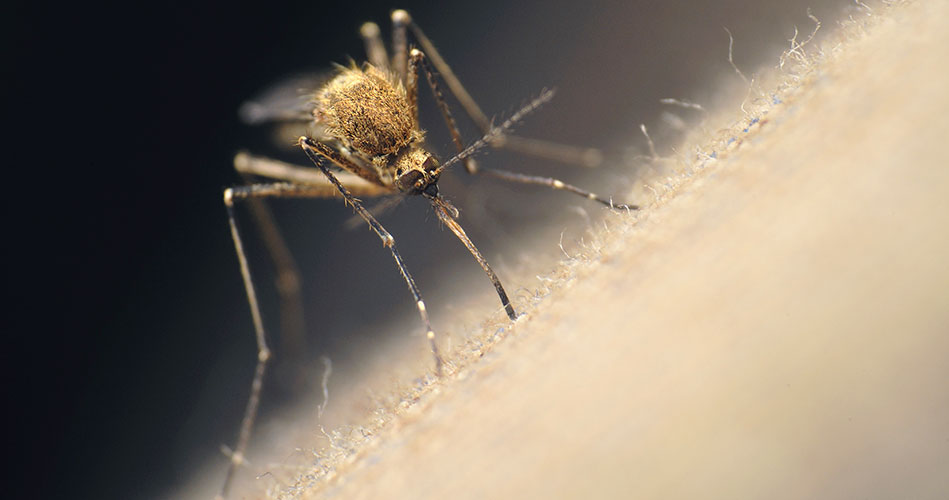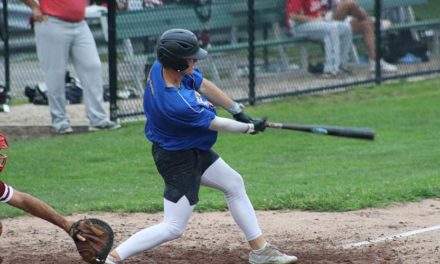 Health officials urged Bay Staters last week to use bug spray outdoors this summer after mosquito samples tested positive for two viruses. Every bit of precaution will help against seasonal viruses like West Nile and Eastern Equine Encephalitis.
Health officials urged Bay Staters last week to use bug spray outdoors this summer after mosquito samples tested positive for two viruses. Every bit of precaution will help against seasonal viruses like West Nile and Eastern Equine Encephalitis.
The Department of Public Health said EEE virus was detected in mosquito samples collected on June 30 in Carver. DPH’s alert came a day after officials said the Massachusetts State Public Health Laboratory identified West Nile virus (WNV) in two mosquito samples collected on June 25 in Quincy.
There have been no human or animal cases of EEE or WNV so far this year, health officials said. Officials said Carver, Kingston, Middleborough, Plymouth, Plympton and Wareham are now at a moderate risk level for EEE.
“The last EEE outbreak cycle in Massachusetts occurred in 2019-2020 and since then, there have been no human cases of EEE reported in the state,” DPH Commissioner Dr. Robbie Goldstein said in a statement. “(The) finding alerts us to the presence of EEE in Massachusetts this year. Combined with the announcement of West Nile virus in mosquitoes in Massachusetts, we are asking everyone to take the necessary precautions to prevent mosquito bites. We recommend that people use mosquito repellent when they are spending time outdoors.”
Officials described EEE as a “rare but serious and potentially fatal disease.” The virus claimed six lives here in 2019 and one life in 2020.
People ages 50 and older are at greater risk of severe disease from WNV, officials said. Virus symptoms include fever and flu-like illnesses.
DPH advised people to consider rescheduling their outdoor activities during peak mosquito hours, which span dusk to dawn, as well as to wear clothing like long sleeves and long pants to reduce mosquito bites.
“EEE activity in Massachusetts tends to occur in outbreak cycles,” State Epidemiologist Catherine Brown said. “When EEE is found in mosquitoes like this at the start of the season, the risk may increase throughout the rest of the summer.”





